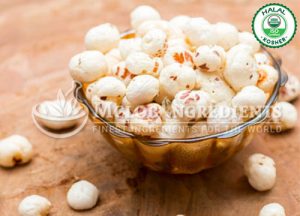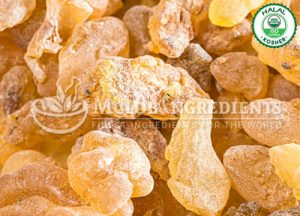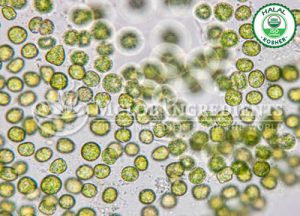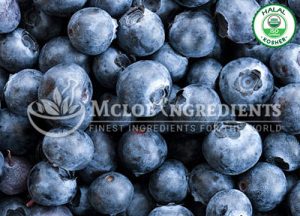Barley is a type of grain and the fourth most important cereal crop around the globe. Barley grass is the leaf of the barley plant. Barley grass is available in other forms, including powders, tablets, juices, and gummies. It’s often combined with other ingredients in green blends, including kale, wheatgrass, and spirulina. Barley grass is a good source of many nutrients, including fiber, flavonoids, polyphenols, and vitamins A, C, and K.
Benefits :
- May balance blood sugar level.
- May support heart health.
- May promote weight loss.
Nutrients:
- Dried barley grass is a great source of fiber, boosting energy.
- Barley grass contains vitamin A, a fat-soluble vitamin that regulates cell growth, immune function, and vision.
- It is high in vitamin C, which plays a central role in skin health wound healing to oral health.
- Providing vitamin K is an essential micronutrient that’s needed for bone formation, heart health, and blood clotting.
- It is rich in flavonoids and polyphenols that act as antioxidants to reduce oxidative stress and protect against chronic disease.
Side effect:
Barley might cause gas, bloating, feelings of fullness, and allergic reactions in some people.
Precaution:
- Avoid in pregnancy and breastfeeding.
- Avoid Celiac disease due to barely containing gluten which makes worse conditions.
- Avoid people who have allergies to cereal grains.
Interaction:
Barley contains a large amount of fiber that can decrease how much medicine the body absorbs. Taking barley along with medicine can decrease the effectiveness of your medication taken by mouth. To prevent this interaction take barley after medications for at least 1-hour take by mouth.
Dose :
In adults, Barley products taken by mouth contain 3.6 grams of beta-glucan (soluble fiber) daily, as part of a low-cholesterol, low-fat diet.







